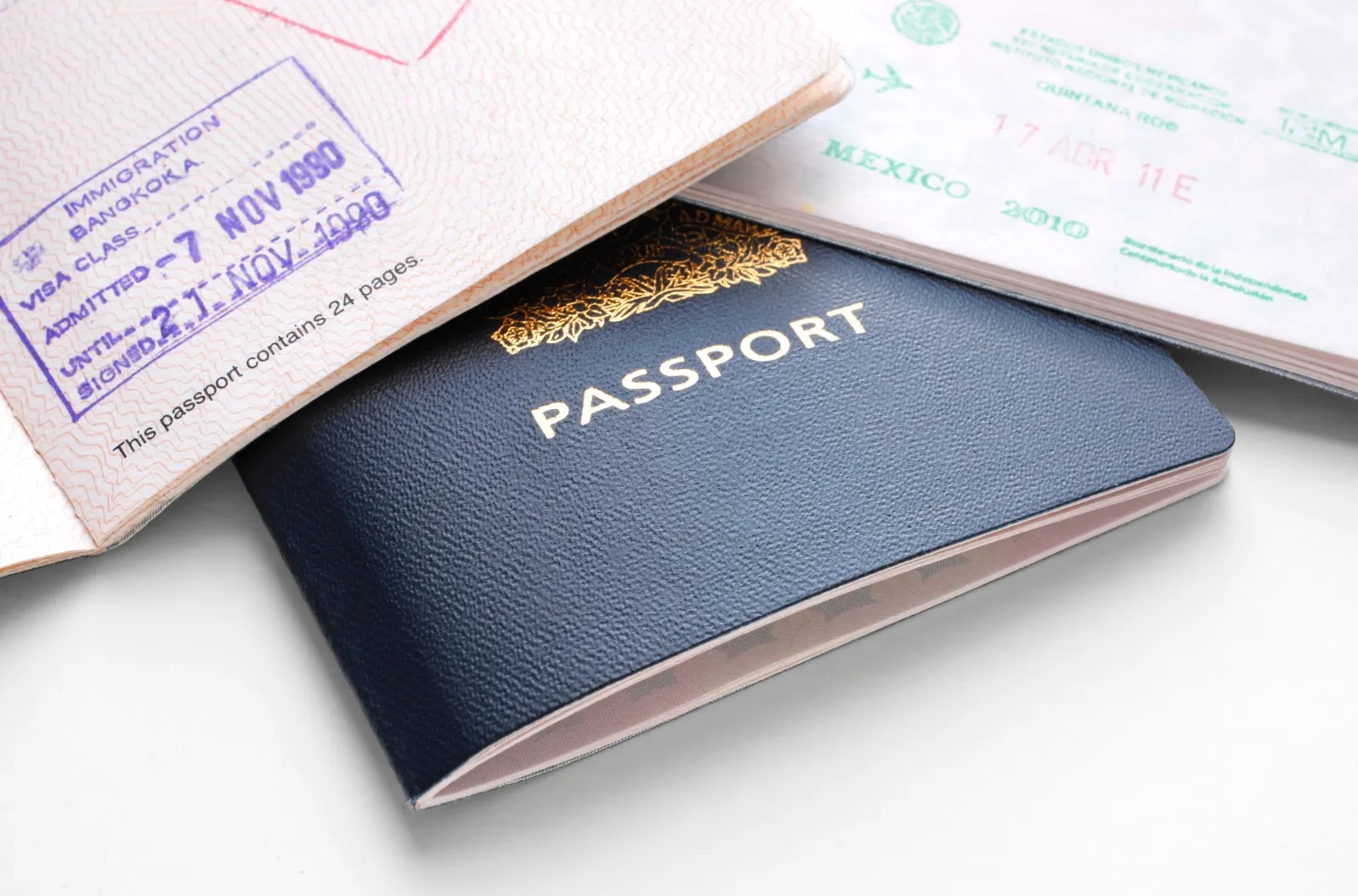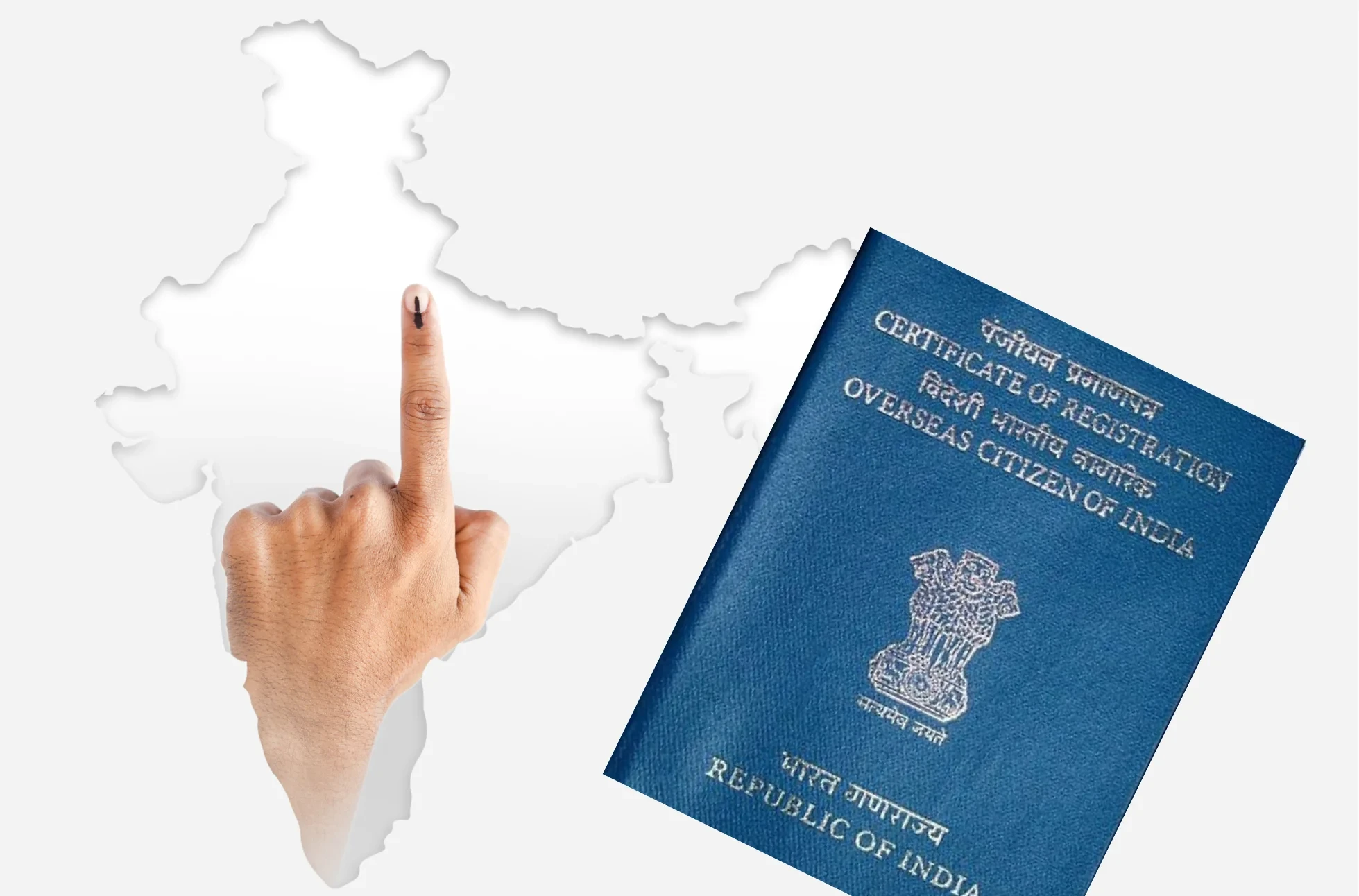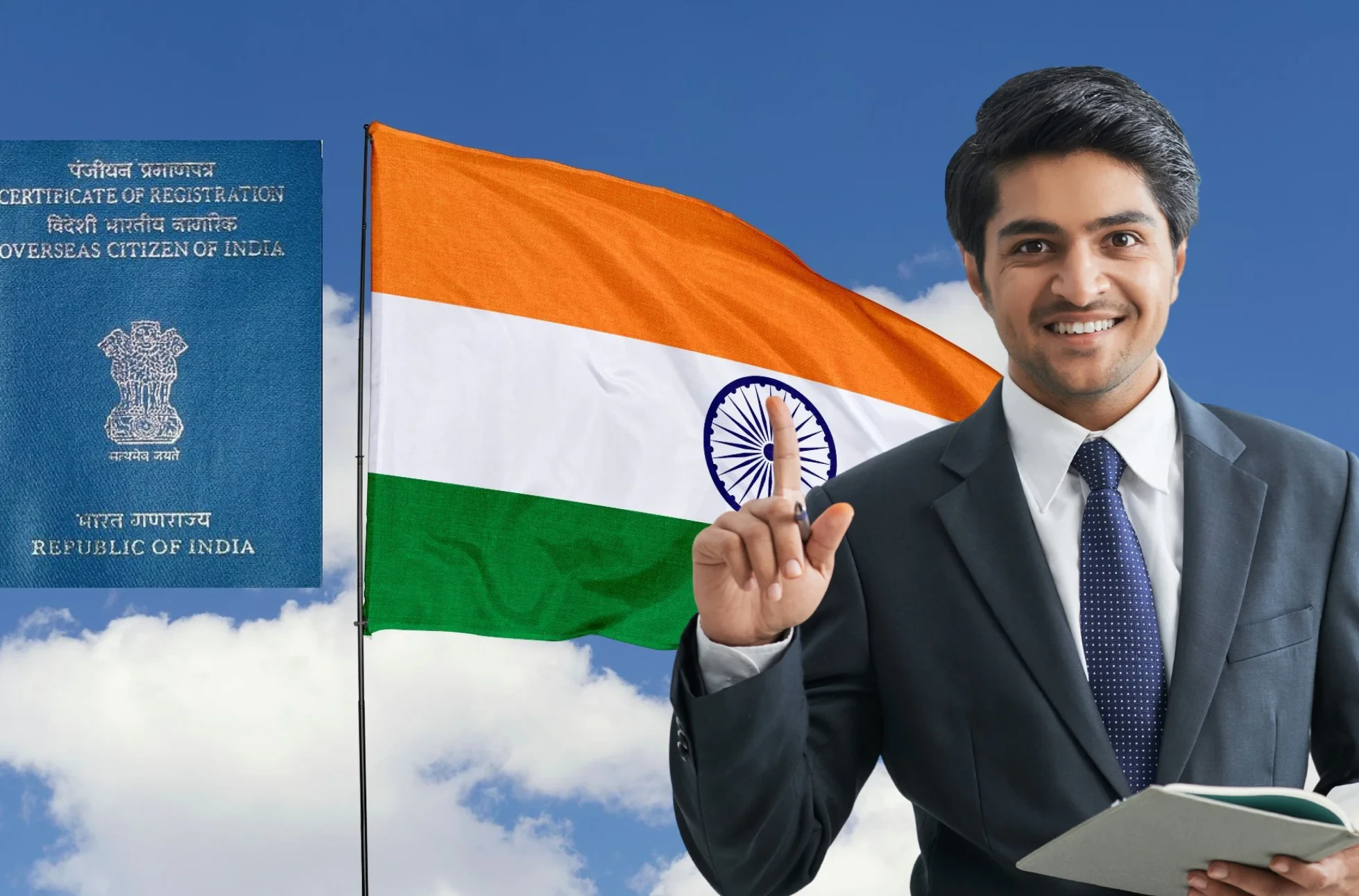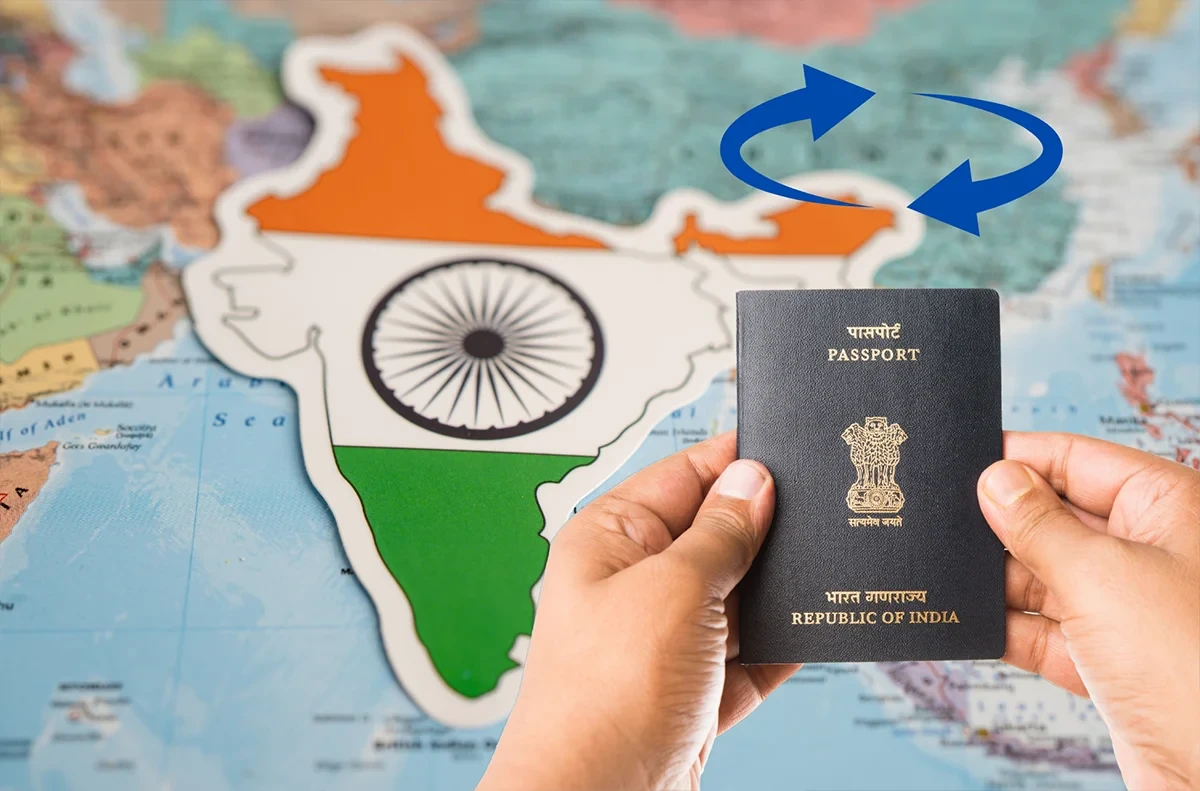OCI cardholders are entitled to many privileges, including the right to reside, work, and study in India on a permanent basis. There are some activities that require special permission from the government of India. OCI status is not a ticket to unrestricted employment in any occupation, area, or legal privilege in India.
When Do OCI Cardholders Need Special Permission?
OCI cardholders are required to seek advance permission from the concerned authority for the following activities:
Research Work in India
- Any OCI desirous of undertaking research work in India is required to seek the permission of the Ministry of Home Affairs (MHA).
- Scientific, academic, and professional research come under this category.
Missionary or Tabligh Work
- Religious work, missionary work, or Tabligh (Islamic preaching) requires special permission.
- Application has to be made through the Foreigners Division of MHA.
Mountaineering, Journalism, or Filmmaking
- OCIs must have permission from the Indian Mountaineering Foundation for mountaineering expeditions.
- Accreditation and a special visa are needed by foreign journalists (including OCIs).
- Clearance is also needed for documentary or feature film productions in India.
Working in Restricted Sectors
- OCIs are not allowed to work in government services or defense sectors on their own without special permission.
- Intelligence agencies, nuclear energy, or research institutions may have job restrictions.
Travel to Protected or Restricted Areas
- Somehow, some areas of India like parts of Arunachal Pradesh, Ladakh, Himachal Pradesh, Sikkim, and Andaman & Nicobar Islands need Protected Area Permit (PAP) or Restricted Area Permit (RAP).
- OCIs have to apply to the Ministry of Home Affairs or concerned state government.
How to Apply for Special Permission?
OCI card holders can seek special permission by:
- Making an online application on the Ministry of Home Affairs website.
- Meeting the nearest Indian Embassy or FRRO office to seek advice.
- Presenting supportive documents such as copies of passports, OCI card, and the details of the proposed activity.
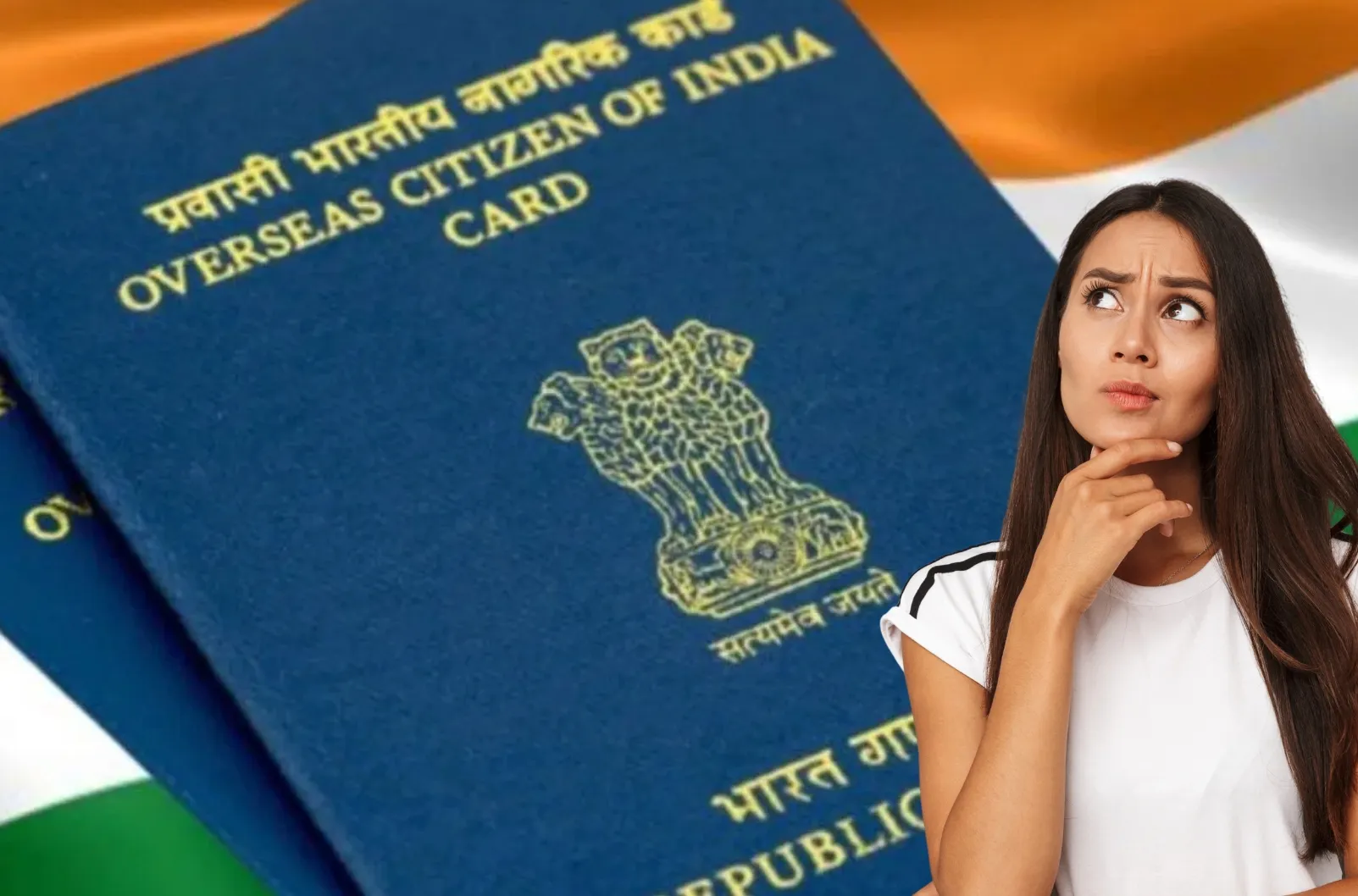 1
1
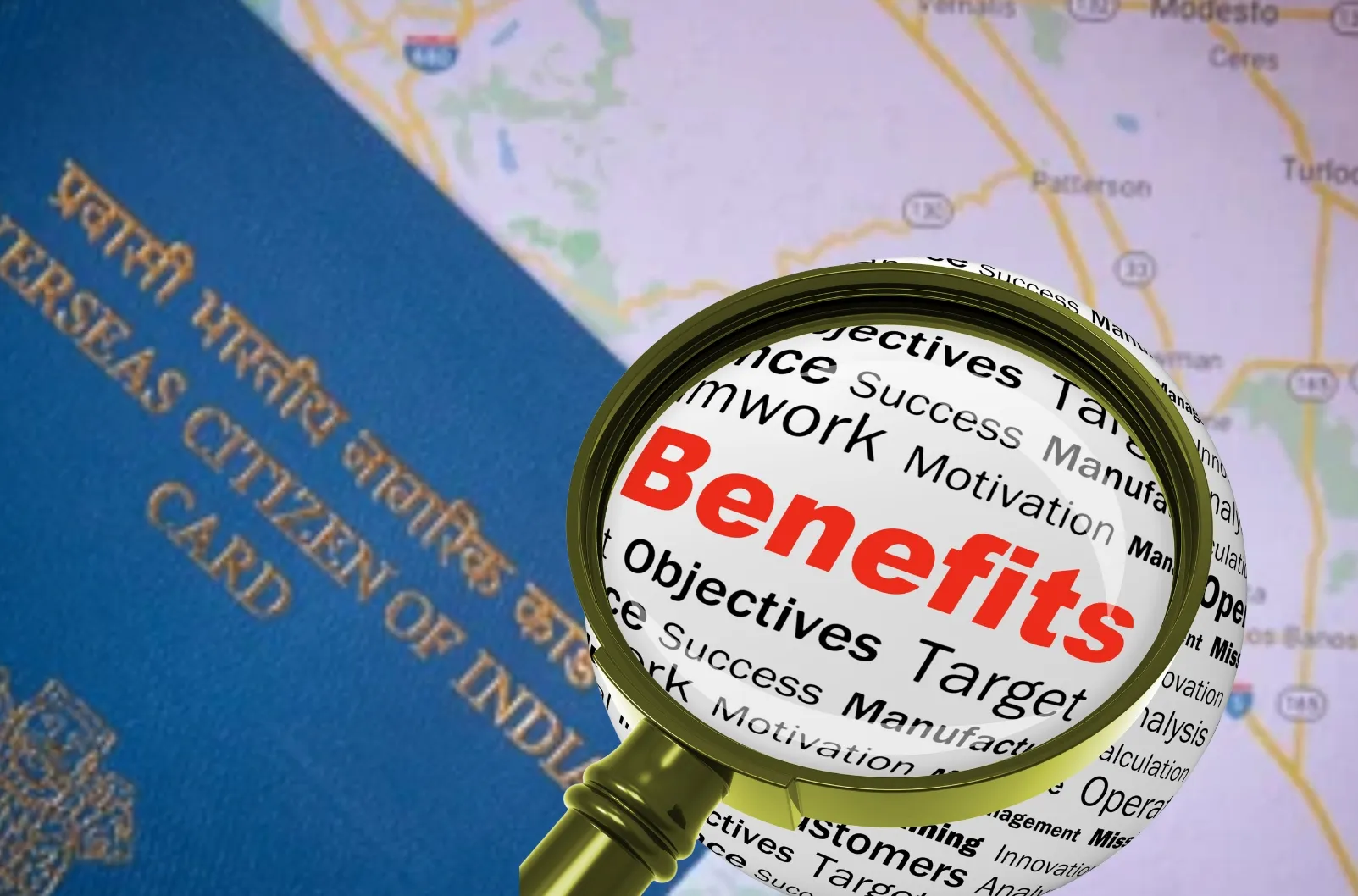 2
2
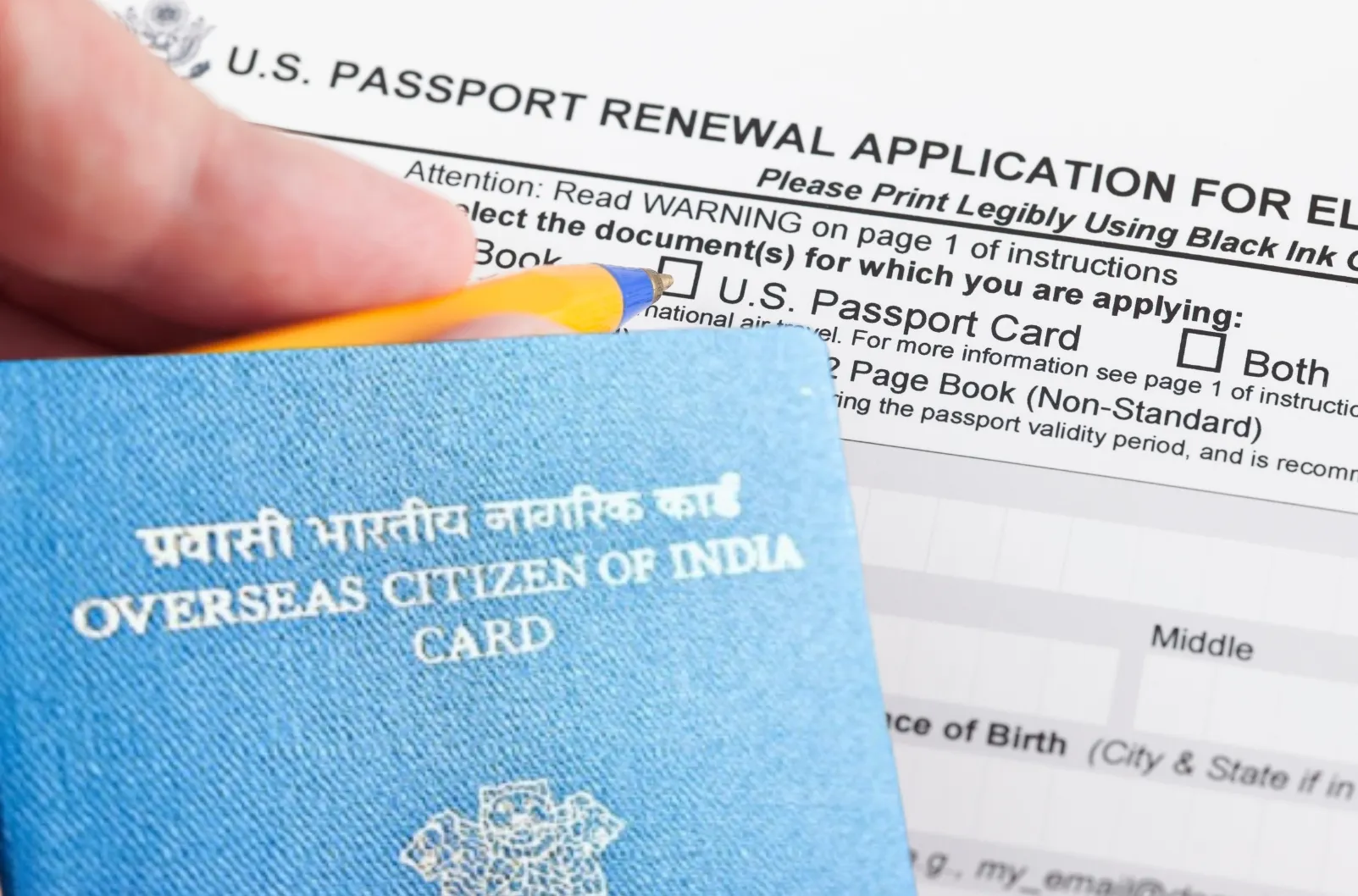 3
3
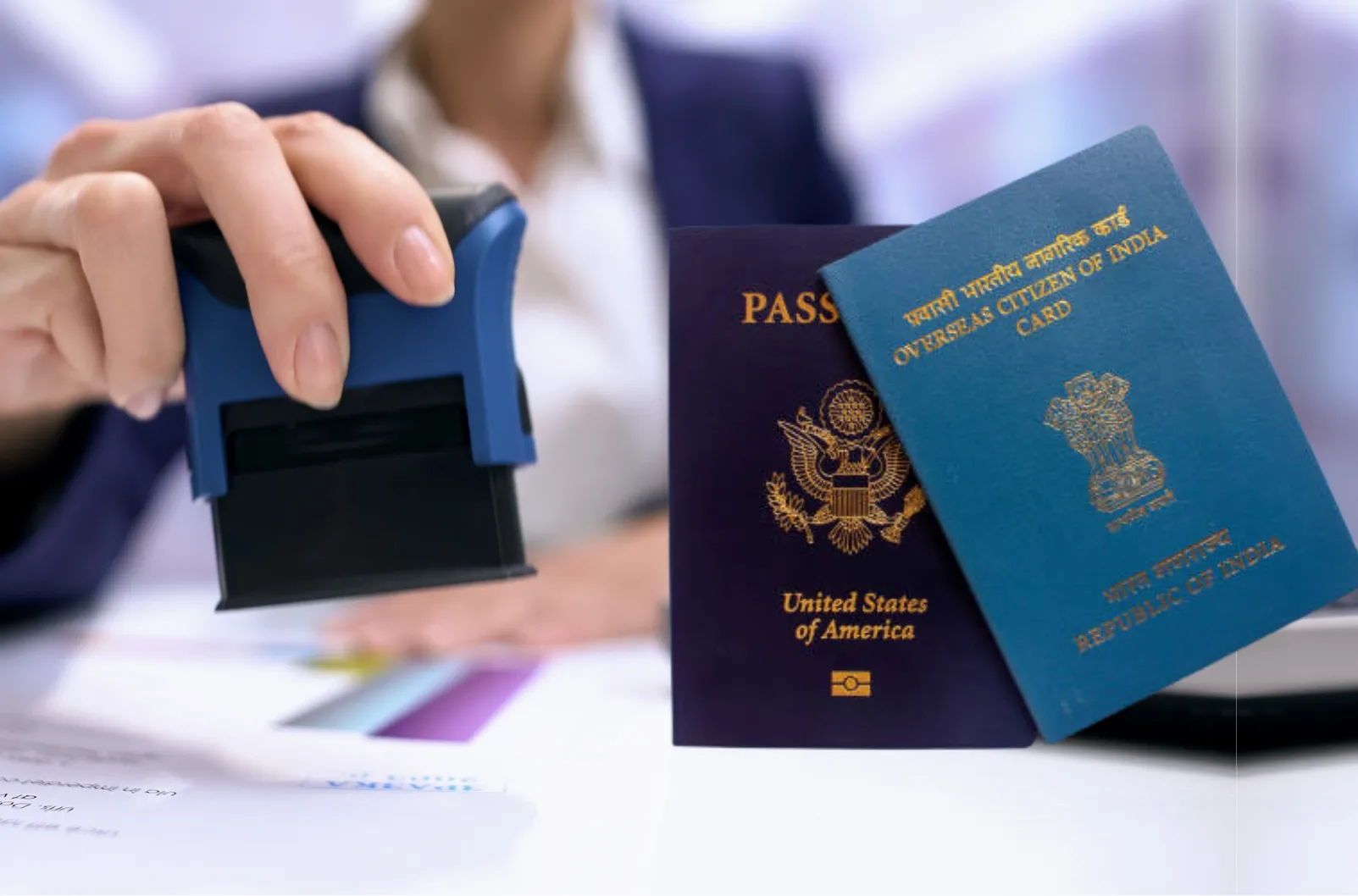 4
4
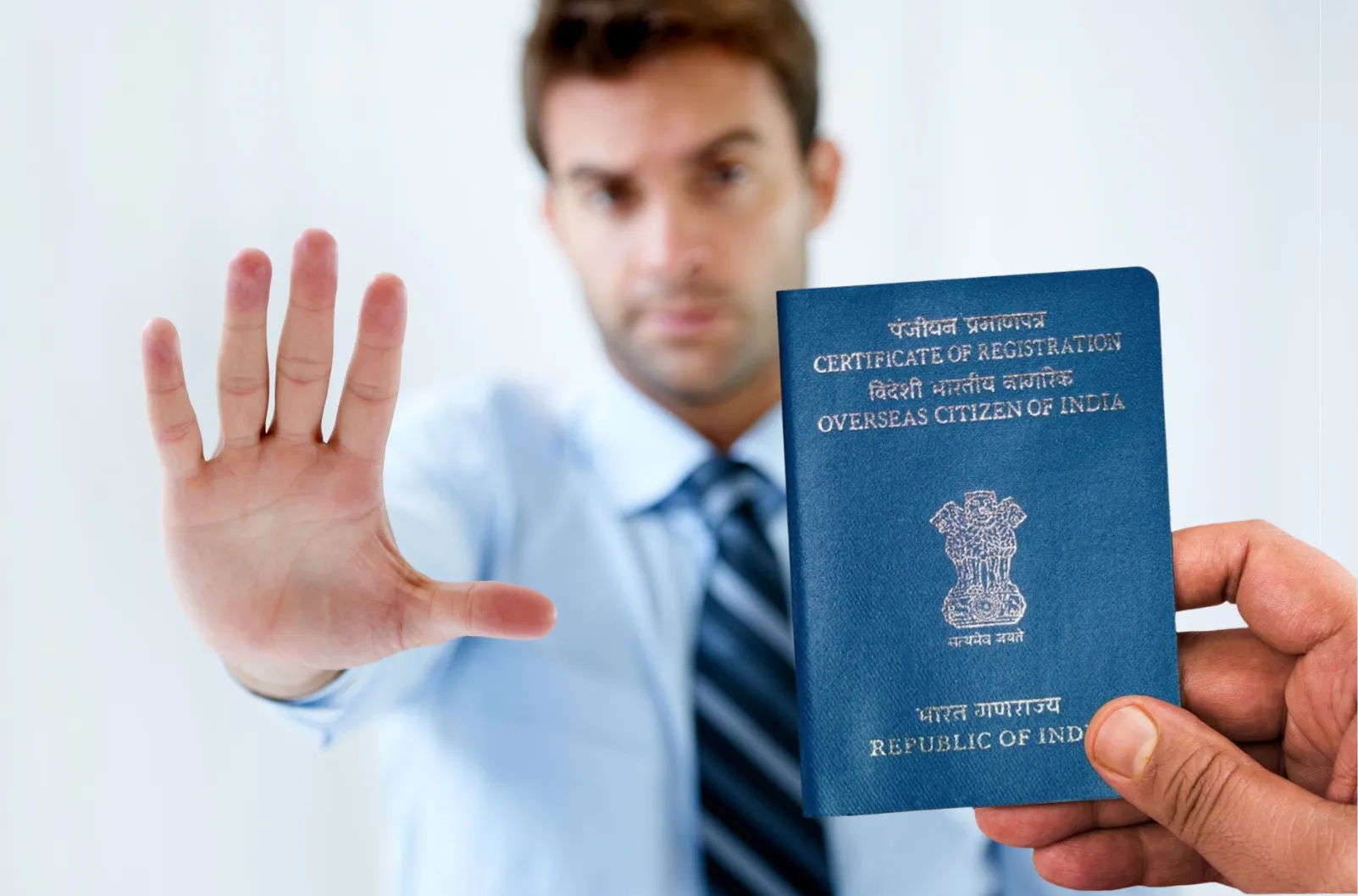 5
5
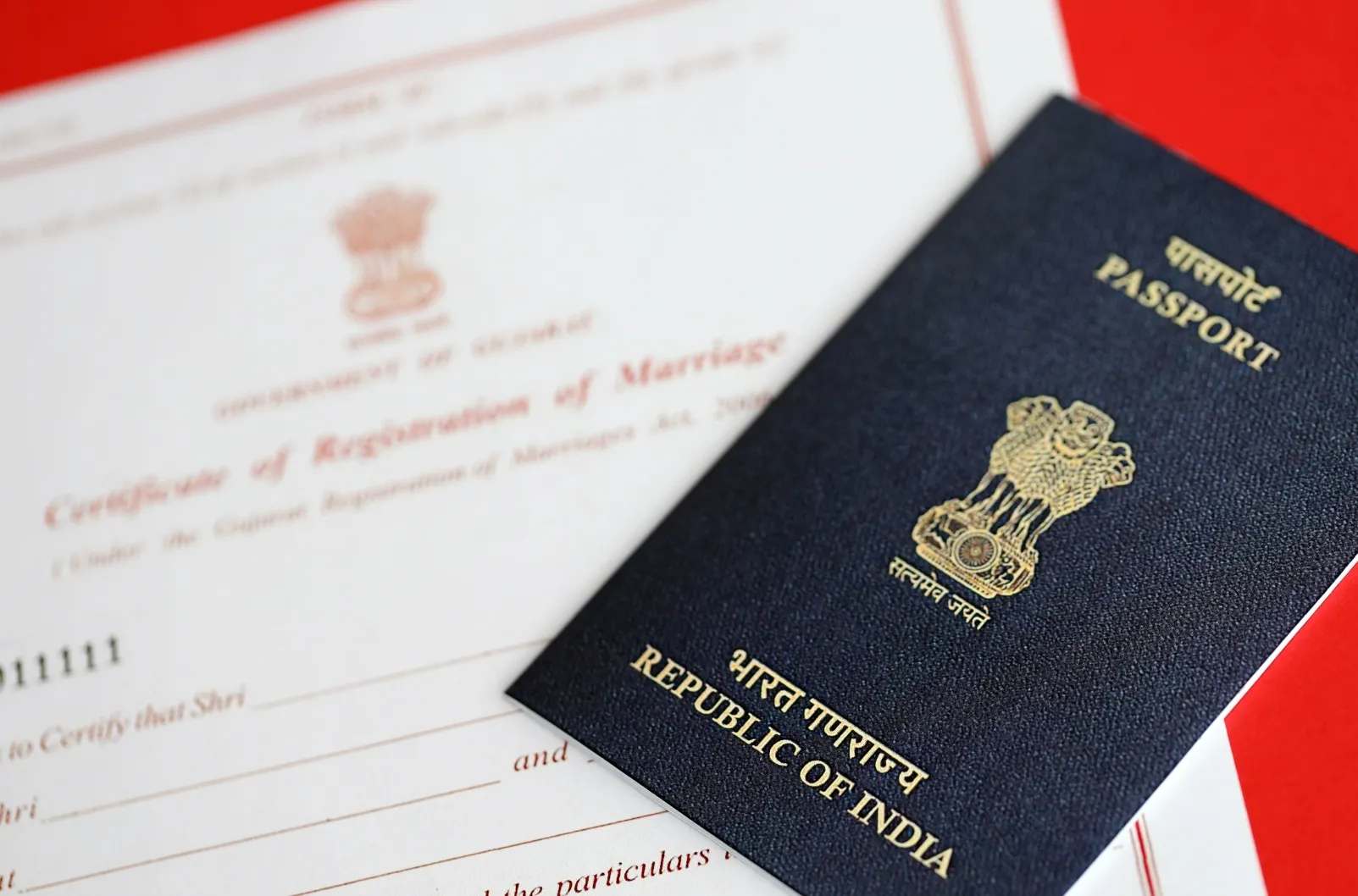 6
6
 7
7
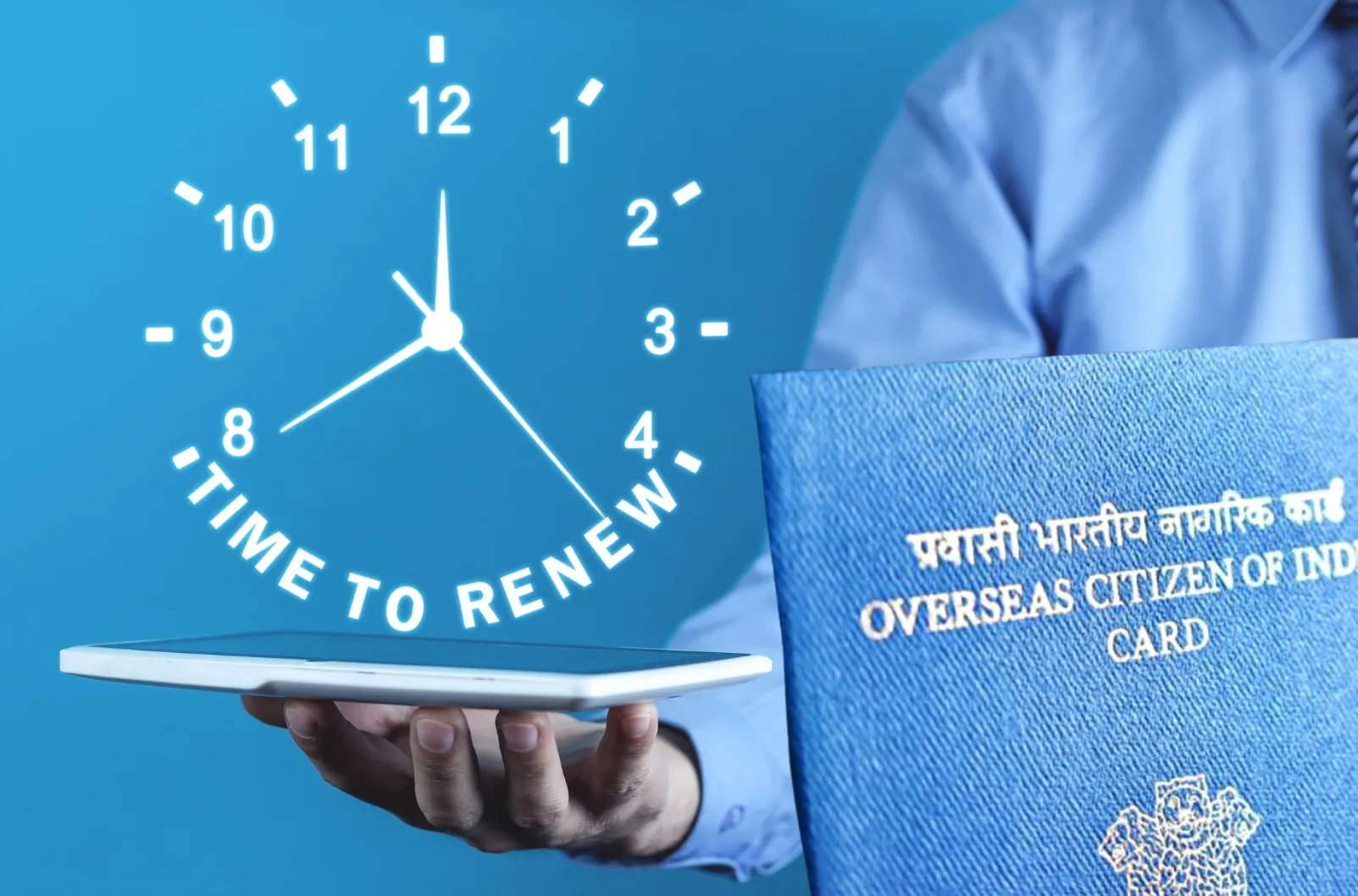 8
8


